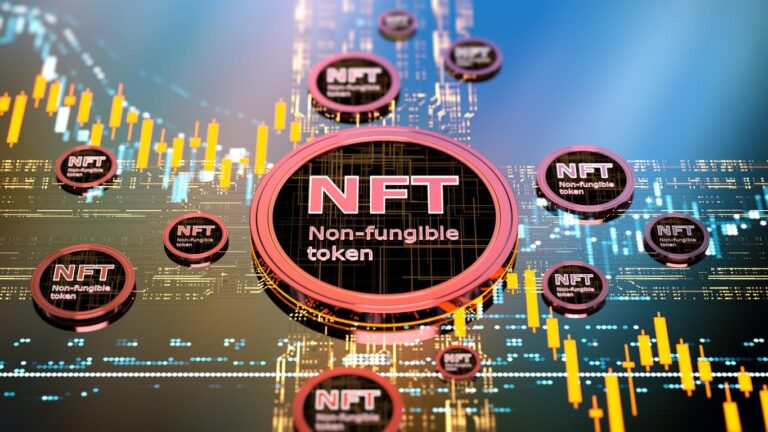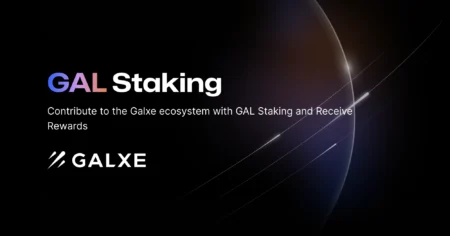2020 was a DeFI year? Experts in blockchain technology and the crypto space take on the question: What impact has DeFi had in 2020, and what can we expect in 2021?
Figuring out the point at which decentralized finance began almost always ends up in a rhetorical debate. Some argue that Bitcoin’s (BTC) invention a decade ago marked the start of it, as the major cryptocurrency was the first peer-to-peer digital money and represents the conceptual core underpinning DeFi.
Others say — and would be technically correct in doing so — that DeFi started back in December 2017, when Ethereum-based protocol MakerDAO was launched, followed by Compound Finance and Uniswap, released in September and November 2018, respectively. On the other hand, it wouldn’t be a stretch to say that DeFi’s true ascent started this year.
DeFi’s monumental rise in total value locked


DeFi’s monumental rise in total value locked — starting this summer and surpassing $16 billion this month — has undoubtedly made the sector one of the most discussed topics of 2020. And, as expected, there are those who support it and those who criticize.
Despite being among the hottest topics this year, some still argue that DeFi remains mostly a niche financial tool in the world of global finance.
The rapid growth of the money flowing into the space unsurprisingly caused some to compare DeFi with the initial coin offering boom of 2017, predicting its potential failure. Meanwhile, others claim that multiple projects in the space are not really decentralized and don’t represent the true idea of DeFi.
Other concerns are strongly bound to the transaction fees on the Ethereum network, which reached its highest level several times this year, calling the network’s long-term sustainability into question.
But it would be incorrect to blame DeFi alone for high gas fees, as they are also influenced by the way institutions store and secure digital assets. One of the solutions might be unlocking Bitcoin’s $250 billion treasure chest for DeFi products.
While the very concept of DeFi is promising, there are some pitfalls, obvious financial risks and a number of technical risks as well. It seems only necessary that the underlying infrastructure for most decentralized applications are improved upon.
In the long run, decentralized finance has the potential to change our world, where 1.7 billion people still lack access to traditional financial services.
To get back to rhetorical debates about the origins of decentralized finance, it could be said that DeFi is completing the job Bitcoin started, becoming the second step in decentralized evolution, with potential to solve the problem of financial inclusion.
As 2020 comes to an end, Cointelegraph reached out to experts in blockchain technology and the crypto space for their opinions about a “DeFi year.”




